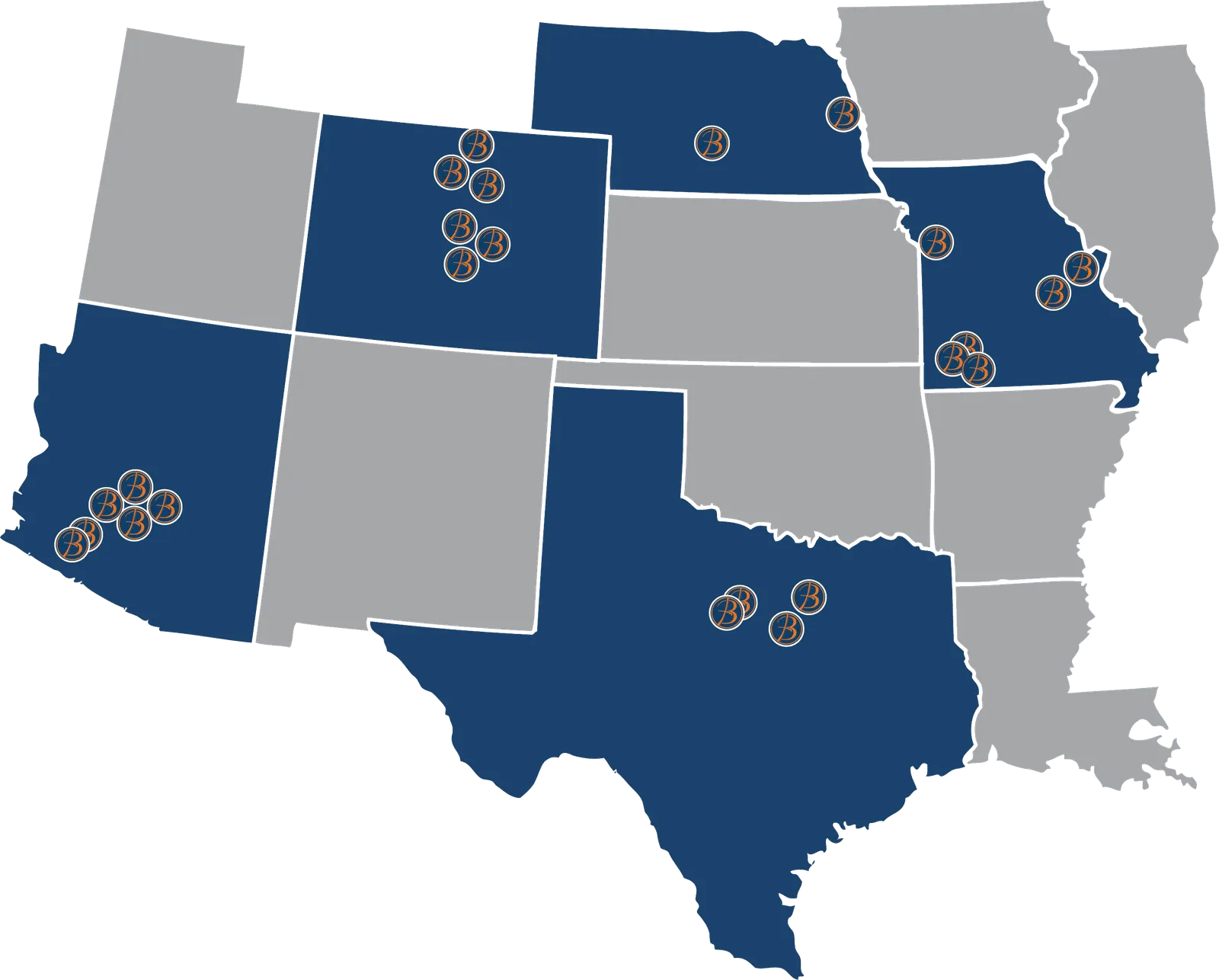At Broadmoor Court in Colorado Springs, we encourage residents to get out and explore everything that Colorado has to offer. Whether you're planning a day trip to Garden of the Gods or dining at a local bistro, it's important to keep your teeth and gums in good condition so you're not distracted by toothaches, gum irritation and other dental problems. Here's what you need to know to maintain your oral health.
Some dental problems are more common in seniors than in younger adults. According to the Centers for Disease Control and Prevention, approximately 20% of older adults have untreated tooth decay. This is damage to the tooth's surface that occurs when bacteria combines with food debris to form plaque, a sticky film. The following factors increase the risk of developing tooth decay:
Another 68% of seniors have gum disease, also known as periodontal disease, an infection that causes redness and swelling of the gums. Seniors with gum disease may also have trouble chewing, bleeding gums or increased sensitivity. In severe cases of gum disease, the gum tissue recedes, causing loose teeth.
Seniors should also be concerned about tooth loss and oral cancer. The CDC reports that nearly one in five older adults (65+) have lost all of their teeth. Tooth loss is a serious problem because it can make it difficult to eat a variety of foods, resulting in poor nutrition. Oral cancer can develop on or under the tongue, the back of the mouth or the tissue lining the mouth and gums. This type of cancer is usually diagnosed in older people.
One way to reduce the risk of dental problems is to focus on oral hygiene. Brushing twice per day is important because it removes bacteria that can combine with food debris to form plaque. Experts from the National Institute of Dental and Craniofacial Research recommend the following:
Flossing is also an important part of good oral hygiene. Even the best brushers can miss food particles that get stuck between the teeth; these food particles can cause plaque to form, increasing the risk of tooth decay. Flossing removes food particles, reducing the risk of dental problems. Any senior who has trouble holding dental floss may want to keep dental picks in their assisted living apartment. A dental pick is easier to hold, but it still helps remove food particles from between the teeth.
Because tooth loss is more common in older adults, many seniors wear full or partial dentures. These dentures don't decay, but they still need to be cleaned regularly to prevent bad breath and painful mouth sores. Aspen Dental recommends using a soft-bristled brush and denture cleaner. Rinsing dentures after meals can help prevent food particles from building up in between daily cleanings. It may even prevent tomato sauce, coffee and other foods from leaving stains.
Seniors with full dentures still need to clean their gums and mouths to prevent other oral health problems. A soft-bristled toothbrush or a wad of gauze can be used to clean the tongue, palate and cheeks. Any time dentures are removed, they should be soaked in water or denture-soaking solution to maintain their shape. This ensures that the dentures continue to fit properly.
Good oral hygiene is important, but it's not a substitute for professional dental care. An experienced dentist can spot early signs of dental problems before they cause pain, bleeding gums and other symptoms, making it easier to develop a treatment plan. Colorado Springs has many highly rated dentists to provide routine dental care close to Broadmoor's assisted living community.
Visiting a dentist regularly can help detect the following problems as early as possible:
During a routine dental visit, a dental hygienist uses professional tools to scrape plaque and tartar off the surface of each tooth. Tartar is plaque that has hardened, making it even more difficult to remove. When this part of the visit is complete, the hygienist polishes the teeth with a buffing paste.
Once the teeth are clean, a dentist comes in and conducts a thorough examination of the teeth, gums, tongue and mouth. The dentist may also use a probe to check for gum pockets, which are spaces under the gumline that can trap bacteria, increasing the risk of oral health problems.
Healthy adults typically need a professional dental cleaning every six months. More frequent visits may be needed in seniors who have severe gum disease or other dental problems requiring close attention.
Some seniors experience dental emergencies weeks or months before a scheduled dental appointment. If this happens, it's important to call the dentist and ask for advice. Severe toothaches, chipped teeth and injury to the soft tissues in the mouth are all examples of dental emergencies.

2045 Roanoke St.
Colorado Springs, CO 80906
Sales & Marketing: (866) 928-5321
Reception Desk: (719) 471-2285


